The Social Sustainability Fund Project, implemented by GreenAd with Fairphone, Argo360, GASDA, and RVO, is setting a new benchmark for inclusive and sustainable e-waste management in Ghana. Findings from the Local Impact Assessment highlight powerful early impacts across four areas:
1. Social Impact
Informal collectors who once worked under constant harassment and unsafe conditions now see a pathway to dignity and security. Formal registration with the MMDA will provide them with official IDs, while PPE provision and safety training reduce occupational risks. For the first time, e-waste collectors are recognized as legitimate workers contributing to Ghana’s recycling economy.
2. Economic Impact
Collectors faced a 60% gap between their earnings and Ghana’s living income threshold. Pre-financing schemes, coupled with financial literacy training, will close this gap by stabilizing incomes, reducing reliance on high-interest moneylenders, and enabling long-term financial planning. These interventions strengthen household resilience and create opportunities for investment in education, healthcare, and housing.
3. Gender Inclusion Impact
The project challenges cultural norms by integrating women into dismantling operations—work previously reserved for men. Women are receiving training, income opportunities, and visibility in a sector where they were historically excluded. This not only diversifies household incomes but also promotes equity and social empowerment for women in e-waste communities.
4. Environmental Impact
By building the capacity of local recyclers to handle e-waste fractions such as plastics, metals, and printed circuit boards, the project reduces dependence on unsafe practices like open burning. It supports Ghana’s transition towards a circular economy, where value is retained locally and environmental damage is minimized.
Together, these impacts demonstrate that with the right partnerships, Ghana’s e-waste sector can evolve from a symbol of environmental hazard into a model of social sustainability, economic opportunity, gender inclusion, and environmental responsibility.
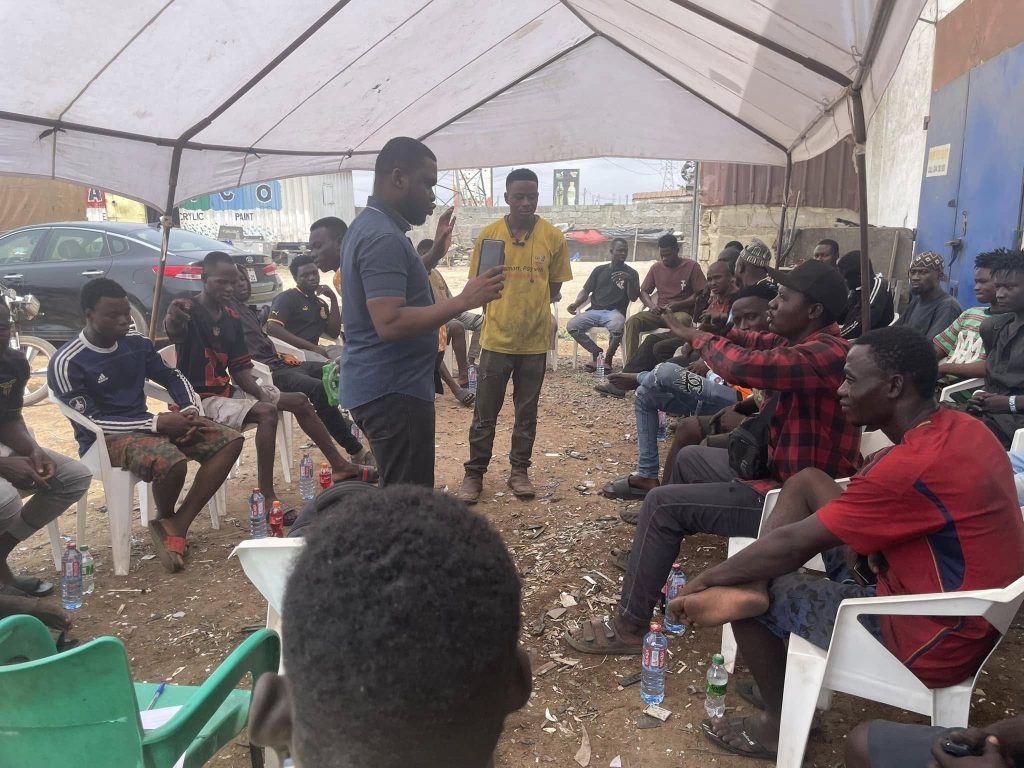
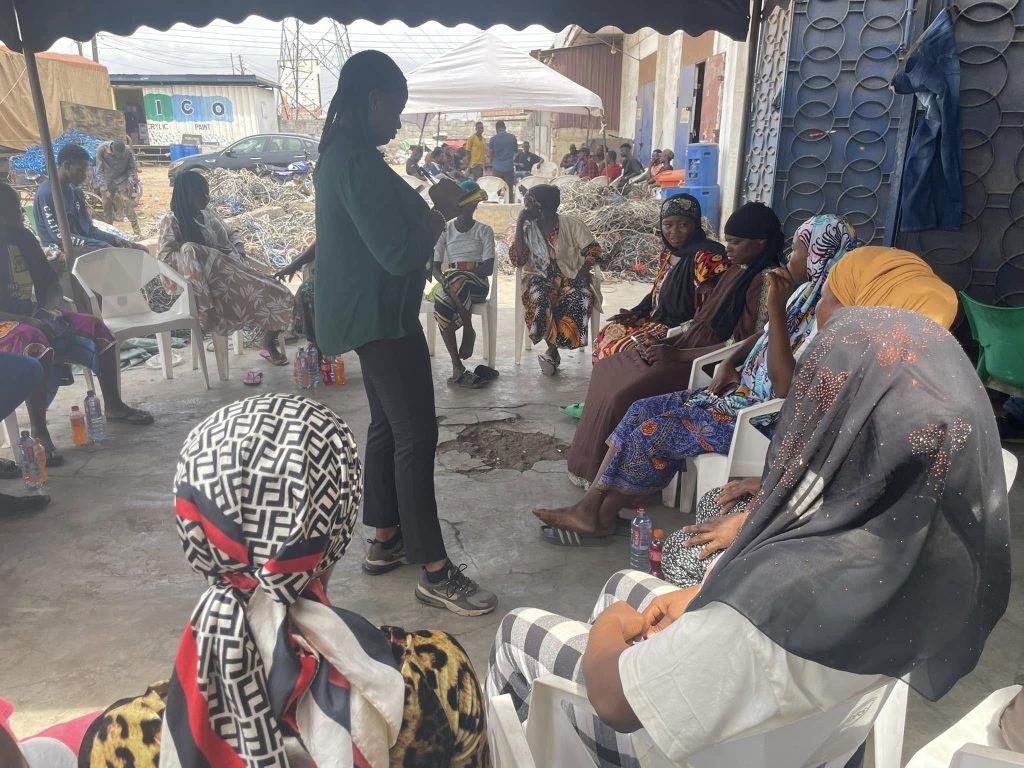
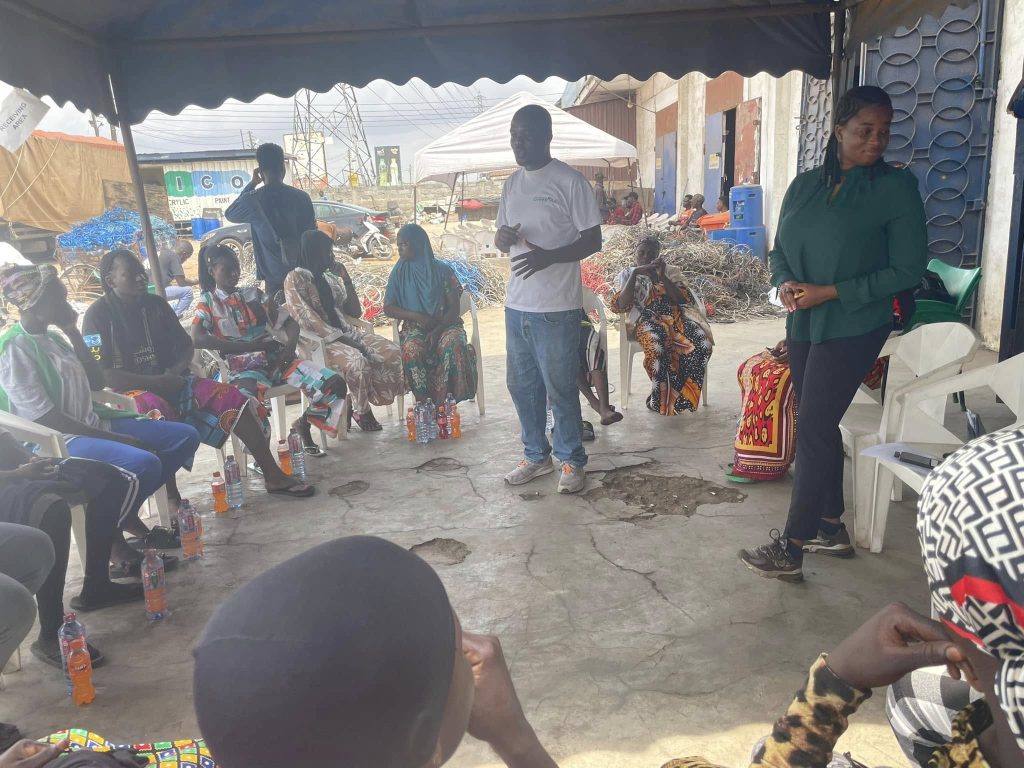
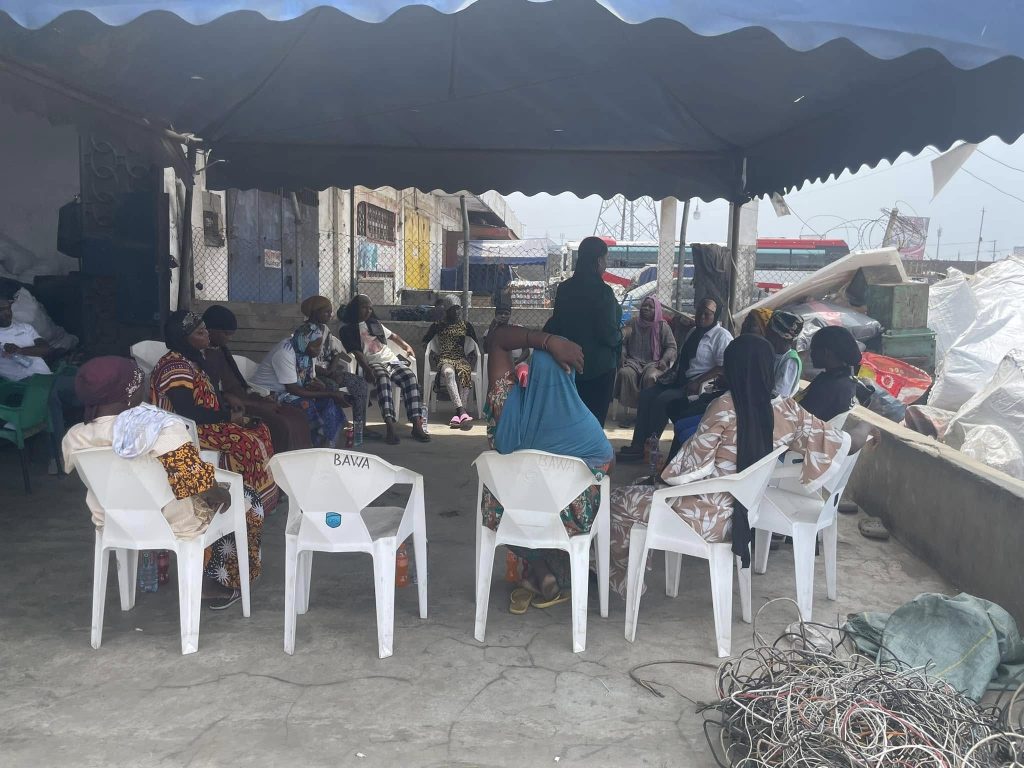
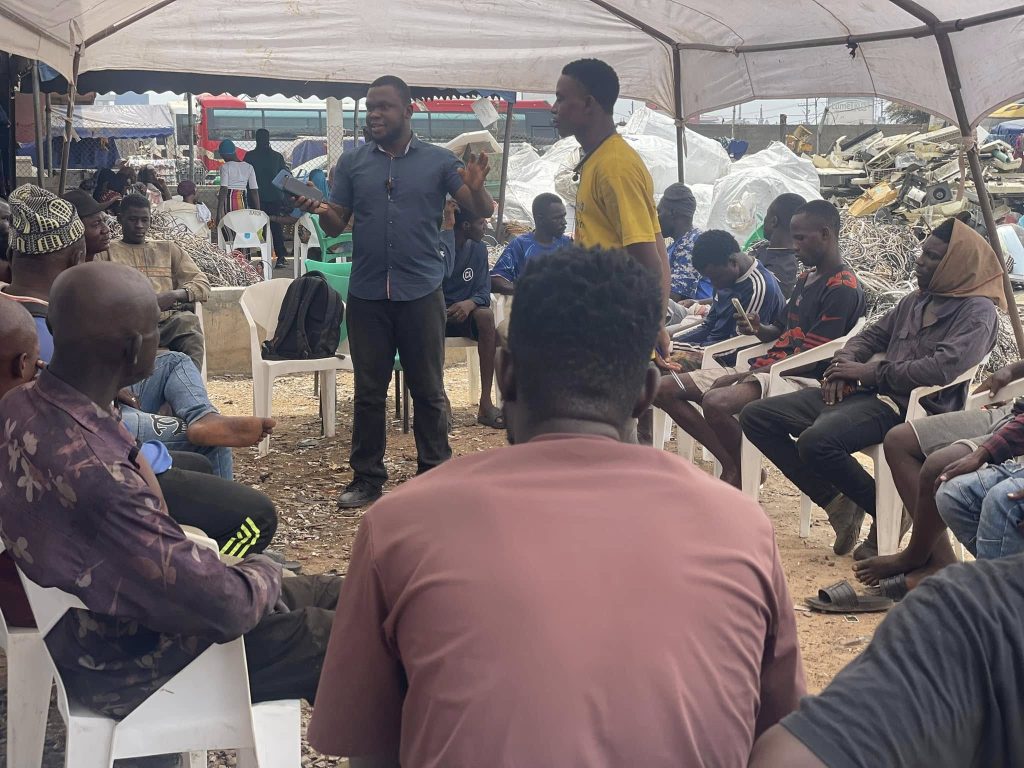
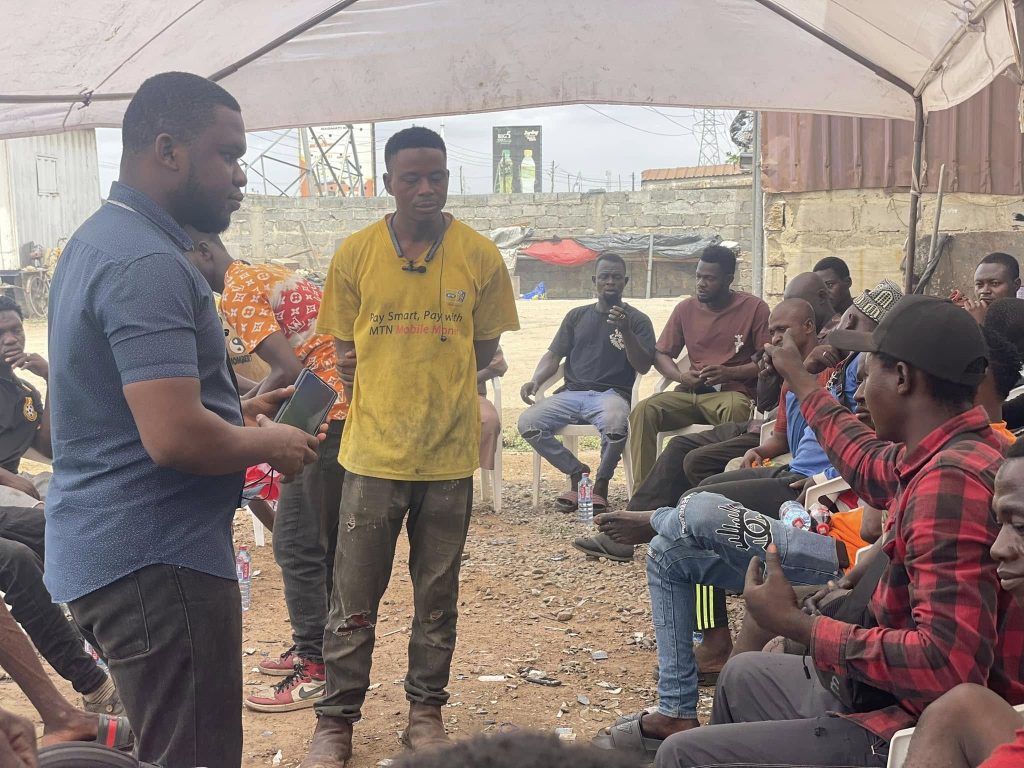
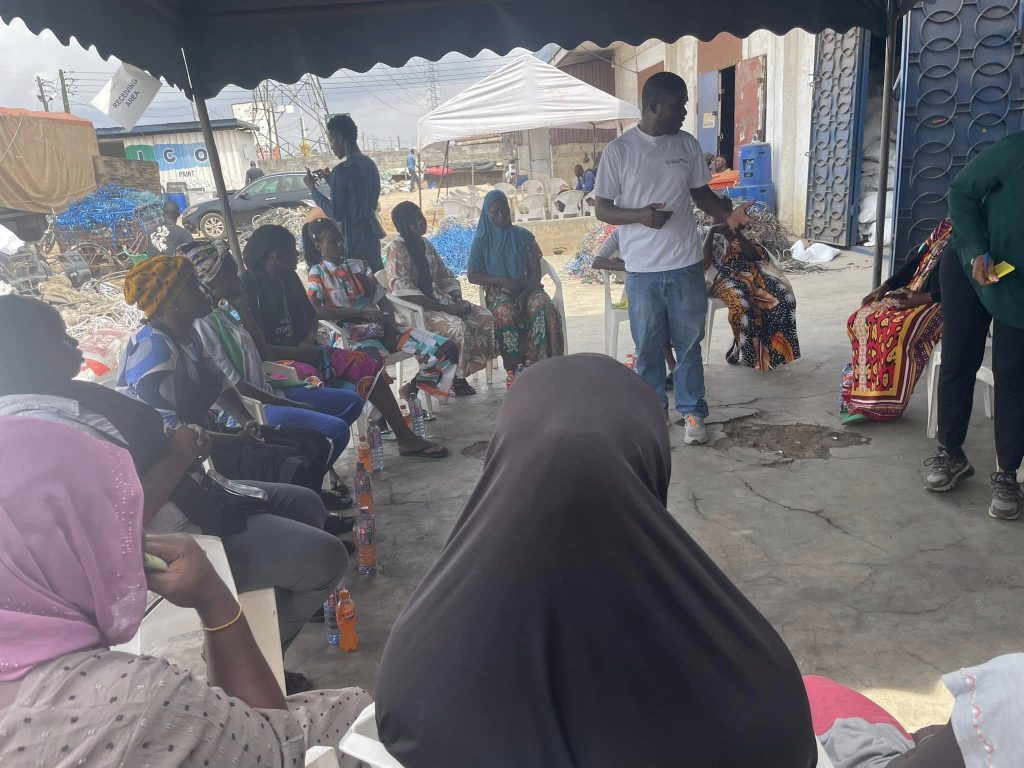
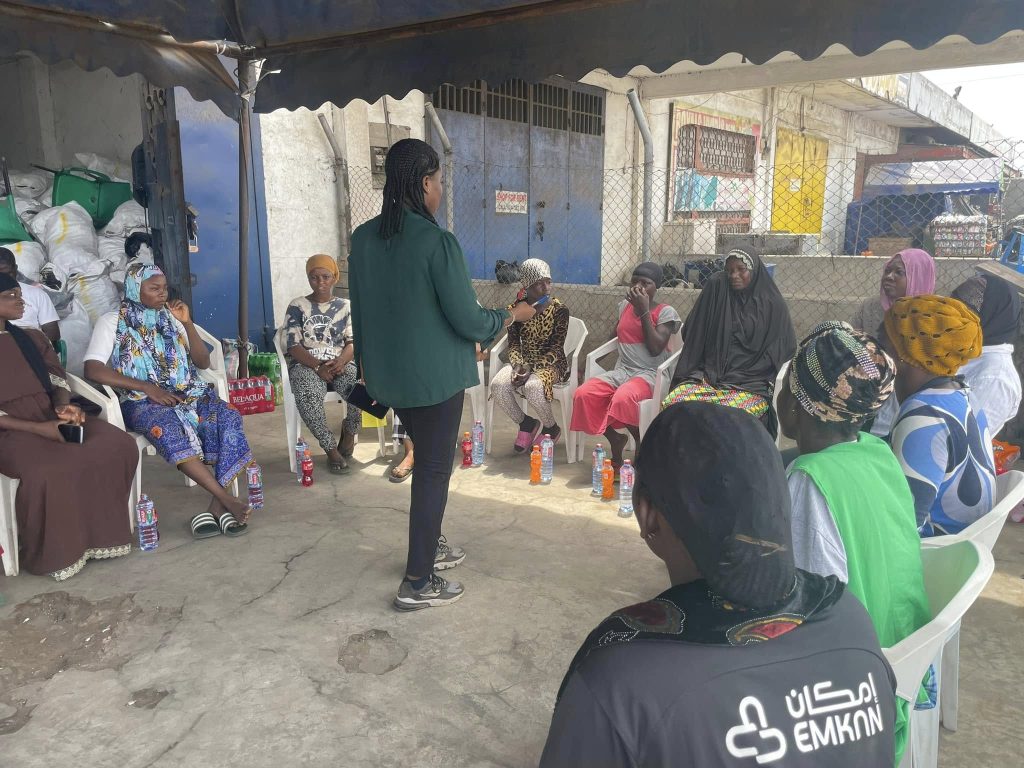
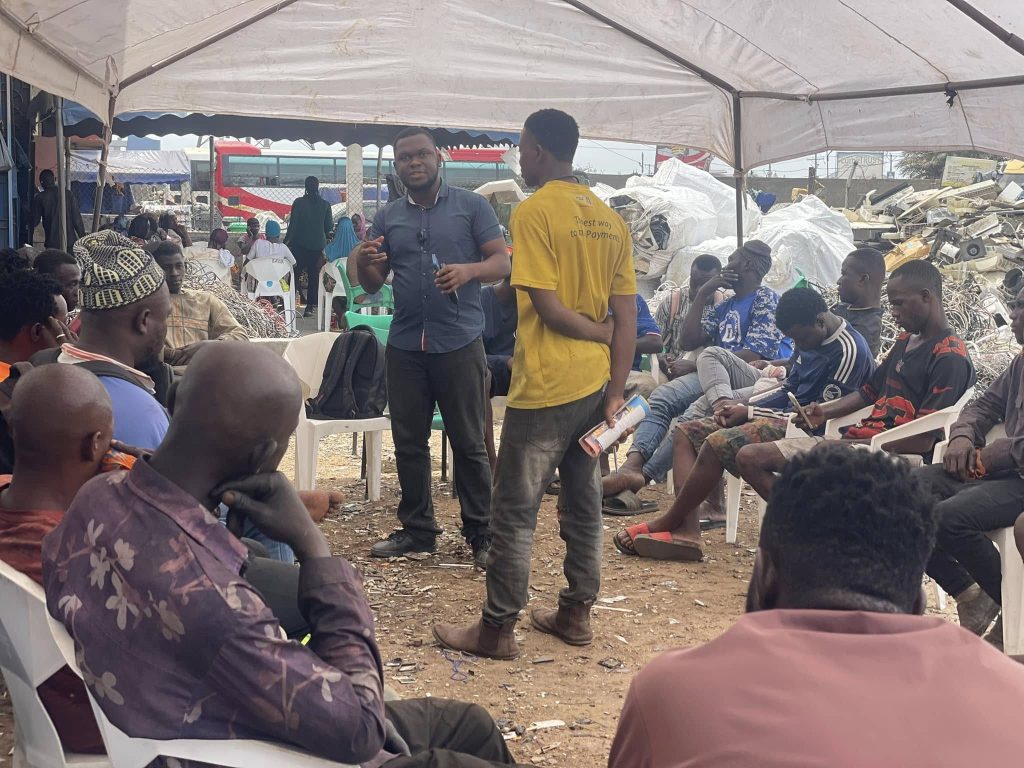
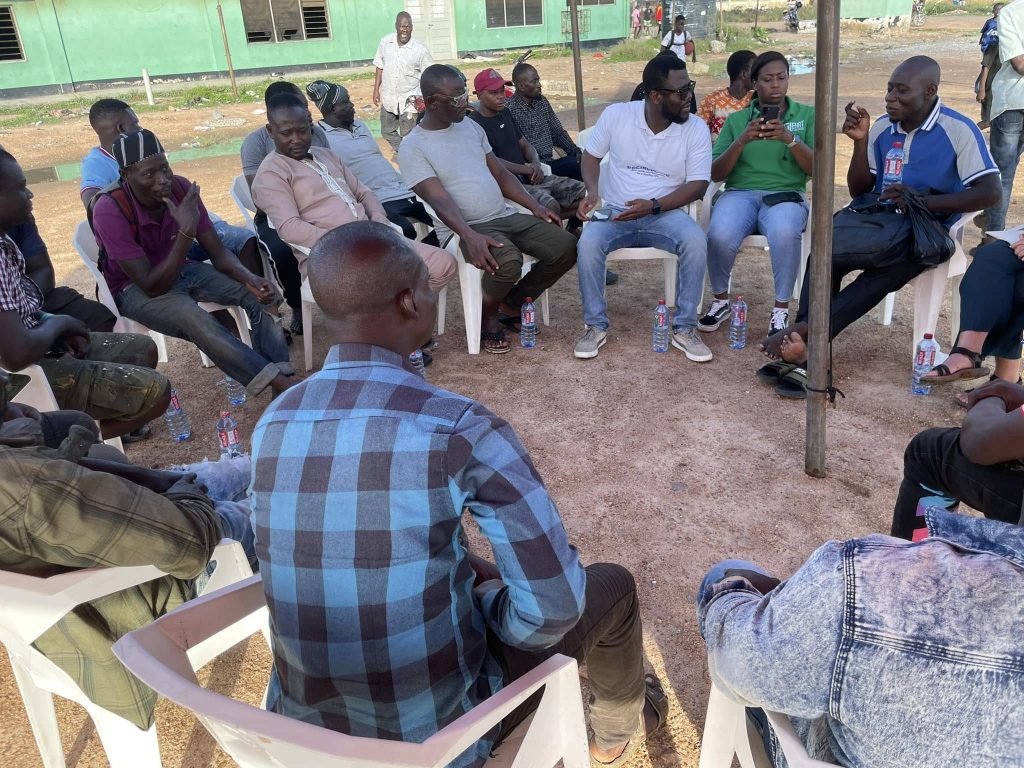
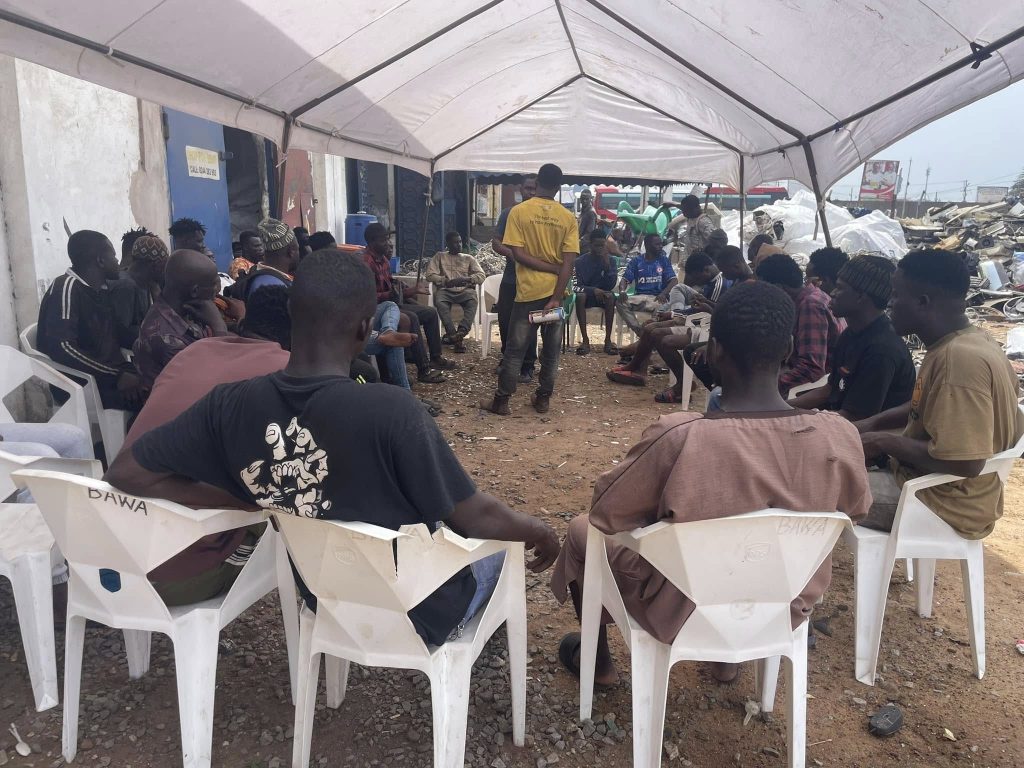

0 Comments